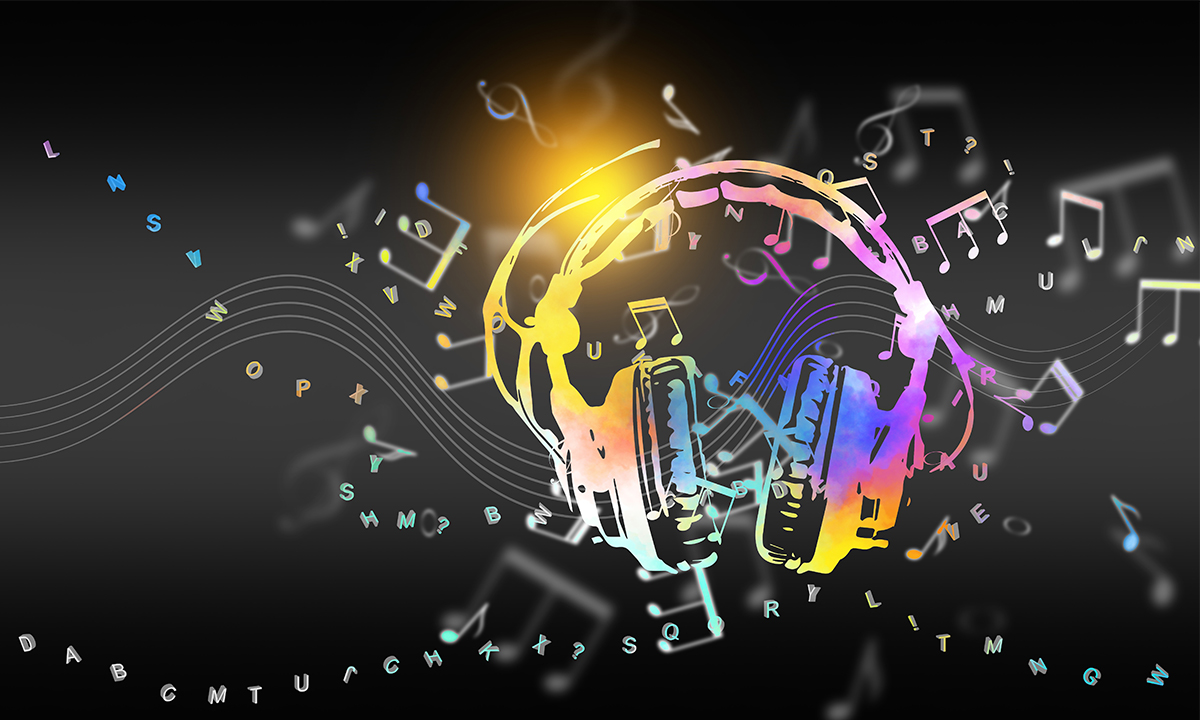
According to Reuters, country musician Tift Merritt’s most popular song on Spotify, “Traveling Alone,” is a ballad with lyrics evoking solitude and the open road. Prompted by Reuters to create “an Americana song in the style of Tift Merritt,” the artificial intelligence music website Udio instantly generated “Holy Grounds,” a ballad with lyrics about “driving old backroads” while “watching the fields and skies shift and sway.” Merritt, a Grammy-nominated singer and songwriter, expressed her dissatisfaction with the imitation Udio created, telling Reuters, “It doesn’t make the cut for any album of mine.”
“This is a great demonstration of the extent to which this technology is not transformative at all,” Merritt said. “It’s stealing.”
Merritt, who is a longtime advocate for artists’ rights, isn’t alone in her concerns. In April, she joined Billie Eilish, Nicki Minaj, Stevie Wonder, and dozens of other artists in an open letter warning that AI-generated music trained on their recordings could “sabotage creativity” and sideline human artists.
The big record labels are worried too. Sony Music, Universal Music Group, and Warner Music sued Udio and another music AI company called Suno in June, marking the music industry’s entrance into high-stakes copyright battles over AI-generated content that are just starting to make their way through the courts.
“Ingesting massive amounts of creative labor to imitate it is not creative,” said Merritt, an independent musician whose first record label is now owned by Universal Music Group, but who stated she is not financially involved with the company. “That’s stealing in order to be competition and replace us.”
The companies, which have both attracted venture capital funding, have said they bar users from creating songs explicitly mimicking top artists. But the new lawsuits claim Suno and Udio can be prompted to reproduce elements of songs by Mariah Carey, James Brown, and others and to mimic voices of artists like ABBA and Bruce Springsteen, showing that they misused the labels’ catalog of copyrighted recordings to train their systems.
Mitch Glazier, CEO of the music industry trade group the Recording Industry Association of America (RIAA), commented on the lawsuits, saying they “document shameless copying of troves of recordings in order to flood the market with cheap imitations and drain away listens and income from real human artists and songwriters.”
“AI has great promise – but only if it’s built on a sound, responsible, licensed footing,” Glazier added.
The labels’ claims echo allegations by novelists, news outlets, music publishers, and others in high-profile copyright lawsuits over chatbots like OpenAI’s ChatGPT and Anthropic’s Claude that use generative AI to create text.
Source: Reuters
Featured News
Big Tech Braces for Potential Changes Under a Second Trump Presidency
Nov 6, 2024 by
CPI
Trump’s Potential Shift in US Antitrust Policy Raises Questions for Big Tech and Mergers
Nov 6, 2024 by
CPI
EU Set to Fine Apple in First Major Enforcement of Digital Markets Act
Nov 5, 2024 by
CPI
Six Indicted in Federal Bid-Rigging Schemes Involving Government IT Contracts
Nov 5, 2024 by
CPI
Ireland Secures First €3 Billion Apple Tax Payment, Boosting Exchequer Funds
Nov 5, 2024 by
CPI
Antitrust Mix by CPI
Antitrust Chronicle® – Remedies Revisited
Oct 30, 2024 by
CPI
Fixing the Fix: Updating Policy on Merger Remedies
Oct 30, 2024 by
CPI
Methodology Matters: The 2017 FTC Remedies Study
Oct 30, 2024 by
CPI
U.S. v. AT&T: Five Lessons for Vertical Merger Enforcement
Oct 30, 2024 by
CPI
The Search for Antitrust Remedies in Tech Leads Beyond Antitrust
Oct 30, 2024 by
CPI